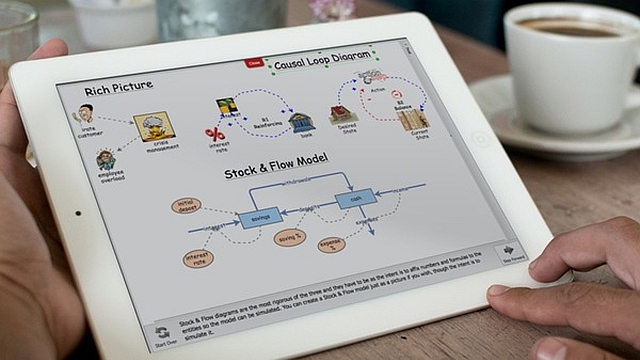
Why statistics need narrative in order to stick
Originally posted on The Horizons Tracker.
One of the notable elements of the Brexit debate was the apparent imperviousness many people had to facts and statistics. Similar phenomena have been seen in debates around things like climate change and gun crime, evolution or crop circles. Even the debate around the coronavirus has suffered from a lack of faith in the insights of experts.
New research1 from the University at Buffalo College of Arts and Sciences suggests that half of the problem is the lack of story attached to the statistics. The study examined how the nature of a message affects our perceptions of the person delivering it.
“Our findings suggest that telling stories when communicating can make the speaker appear more warm and trustworthy, as opposed to speaking some other way, such as providing only statistics and figures,” the researchers say.
Forming impressions
The researchers explain that we typically rely on two things when we form impressions of someone. The first is their warmth, including their friendliness and trustworthiness, and the second is their competence, which includes their skill and intelligence.
The paper suggests that there is a popular perception of scientists as incredibly smart, but rather low in warmth, which helps to create a lack of trustworthiness.
“That perception might be a communication barrier that’s responsible for people believing that regardless of someone’s ability, they still might not have the best interests of others in mind,” the researchers say. “We worked from the idea of science communication, but the results can be applied whenever there’s someone perceived as high in competence, but cold and distant.”
One way they may overcome this challenge is through the use of stories, as the researchers believe that stories are a great way of creating empathy as we try and relate to the characters within the story.
They tested this hypothesis over three studies, the first two of which required volunteers to read a scenario whereby they had to give advice on either a bank or a holiday destination. They could use either statistical information or stories to do so. The third study also saw either stories or statistics used to convey a message, but also asked the listener whom they most wanted to work with, the storyteller or the statistician.
Despite the apparent success of storytelling, there is a reticence to use them among scientists, which the authors believe is due to concerns about drawing conclusions beyond the findings of the research.
“As scientists we’re trained to be careful about the limits of our data and to be precise. One story is not going to explain everything,” the researchers say. “But there are many types of stories, and we can discuss things like how data were collected; why the research team came together; what interests us most about this field of study.
They suggest that this kind of story can maintain precision, but also create a degree of warmth and trustworthiness that isn’t always there when relaying purely scientific ideals. What’s more, this trustworthiness doesn’t have to come at the expense of competence.
It’s important that scientists are able to communicate their work to a wider public, and perhaps stories are a good way of achieving that.
Article source: Why Statistics Need Narrative In Order To Stick.
Header image source: Official GDC on Flickr, CC BY 2.0.
Reference:
- Clark, J. L., Green, M. C., & Simons, J. J. (2019). Narrative warmth and quantitative competence: Message type affects impressions of a speaker. PloS one, 14(12). ↩





